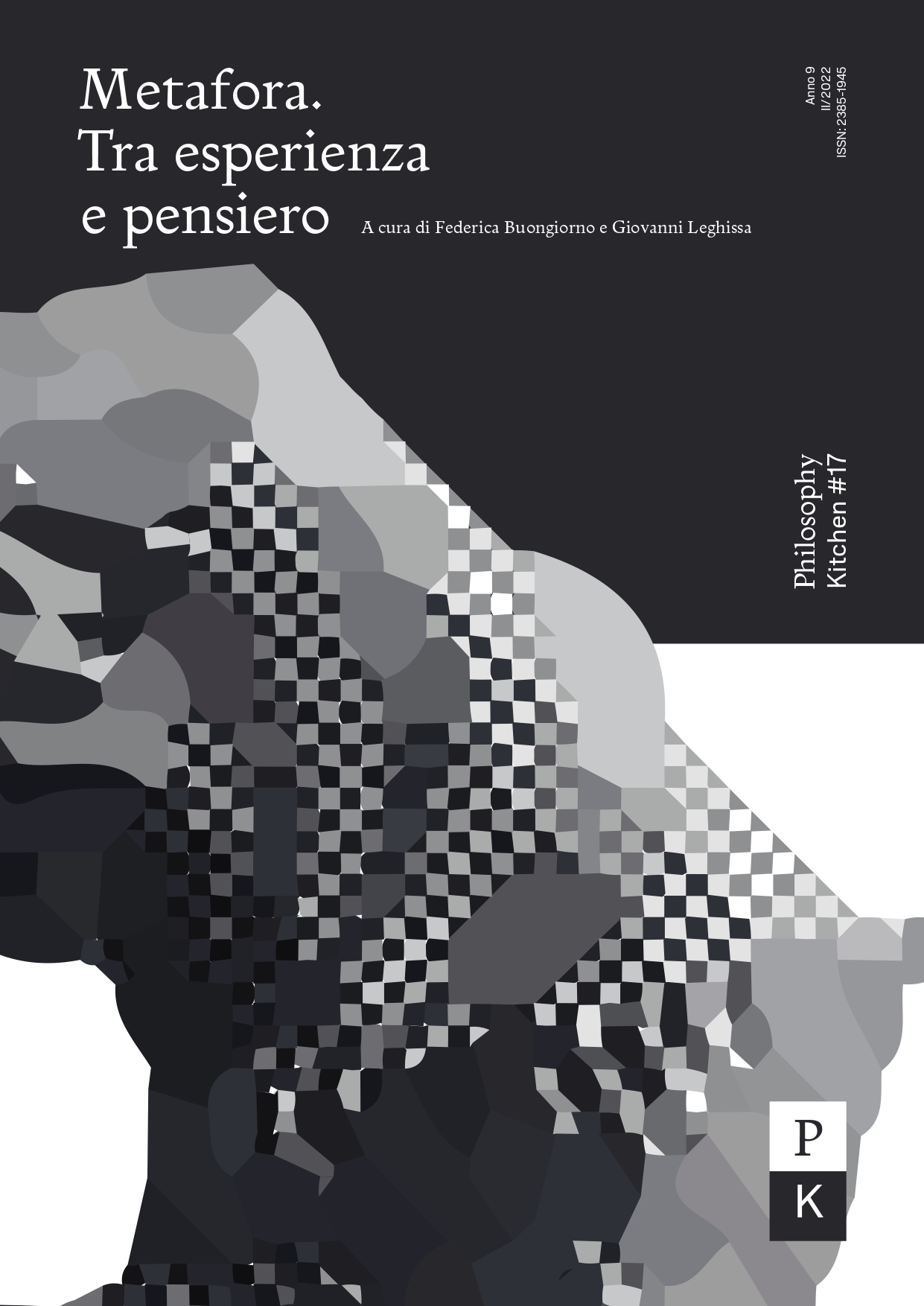Metaphor, Relevance Theory, and the Curious Nature of Cut-Off Points. A Philosophical Attempt to Understand the Tension Caused by Non-Propositional Effects
DOI :
https://doi.org/10.13135/2385-1945/7189Résumé
How to account for metaphor has long been a contentious issue within pragmatics. Revisiting this debate, Wilson & Carston (2019) analyse Grice’s oft-discussed exclusion of metaphor as an empirically unjustified use of cut-off points on the empirical continuum of language and link it a tension between his underlying focus on formalisation contrary to their aim of maximising pragmatics’ empirical scope. In spite of the latter, Relevance Theory’s various own models fail to account for essential characteristics of metaphor caused by certain non-propositional effects eluding its grasp and subsequently excluded. Rather than solving this with new tools, as Wilson & Carston propose, this paper seeks to examine the aforementioned tension and its link to the use of cut-off points they criticised. I will argue that Relevance Theory, too, uses cut-off points, highlighting their nature as the effect of a shared approach vis-à-vis formalisation rather than an individual flaw of Grice’s: Both exclude certain empirical effects of language in pursuance of a unified theory of communication organised around the notion of intention and grounded in teleological assumptions external to language. Drawing on Derrida’s analogous critique of Austin’s pragmatics, I will illustrate the paradoxical nature of such cut-off points and possible ways forward.





